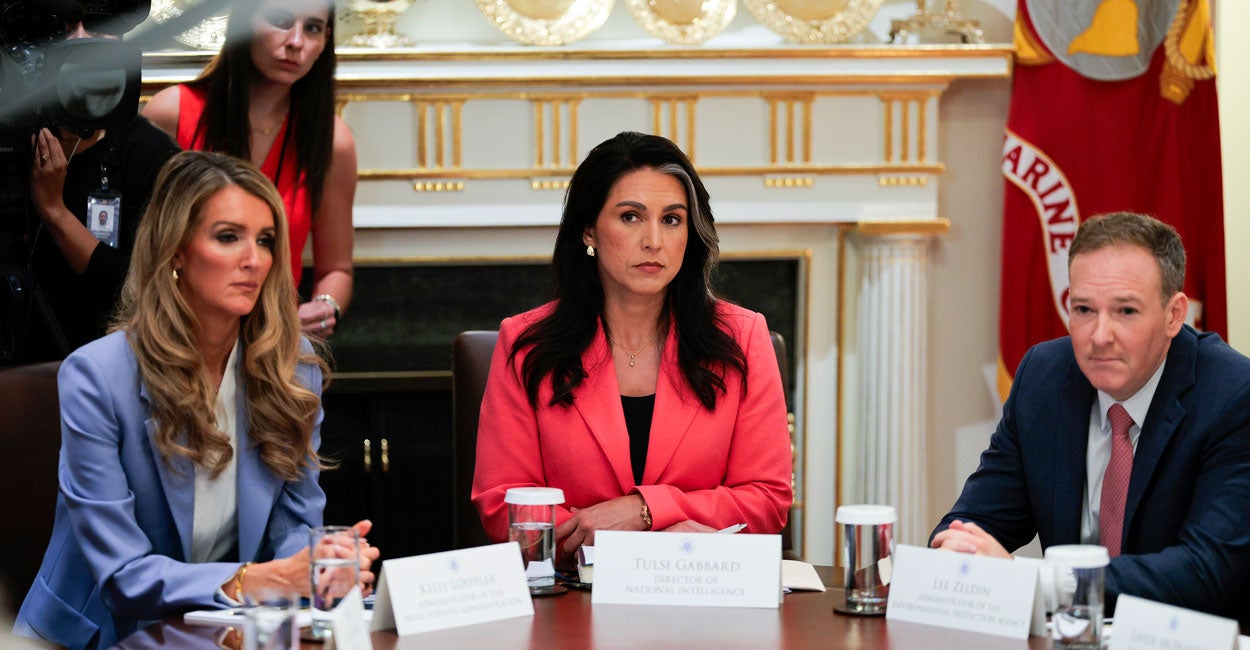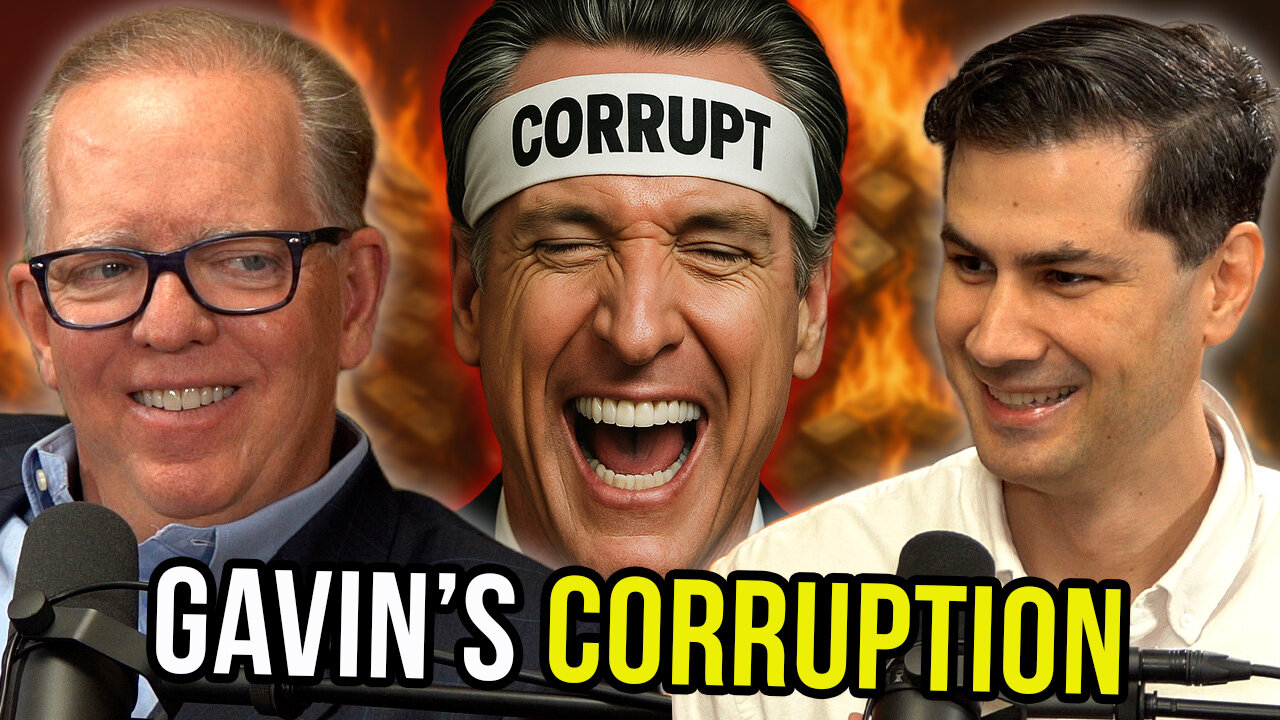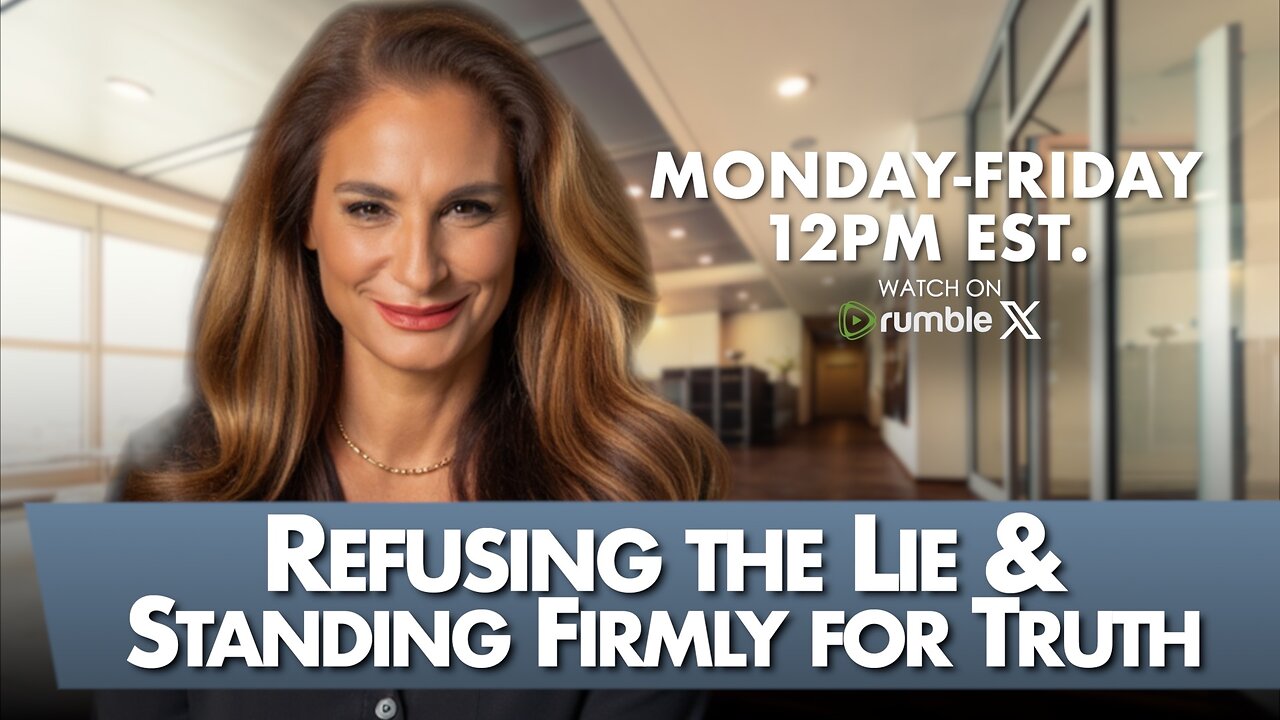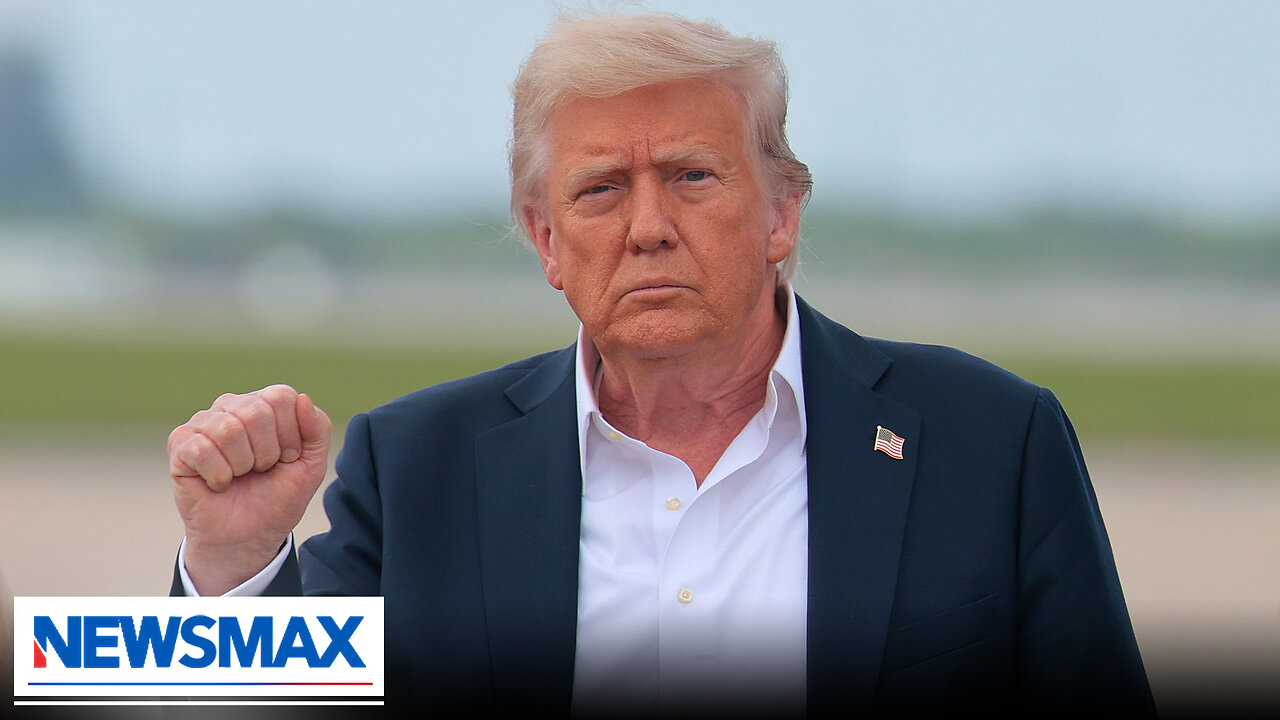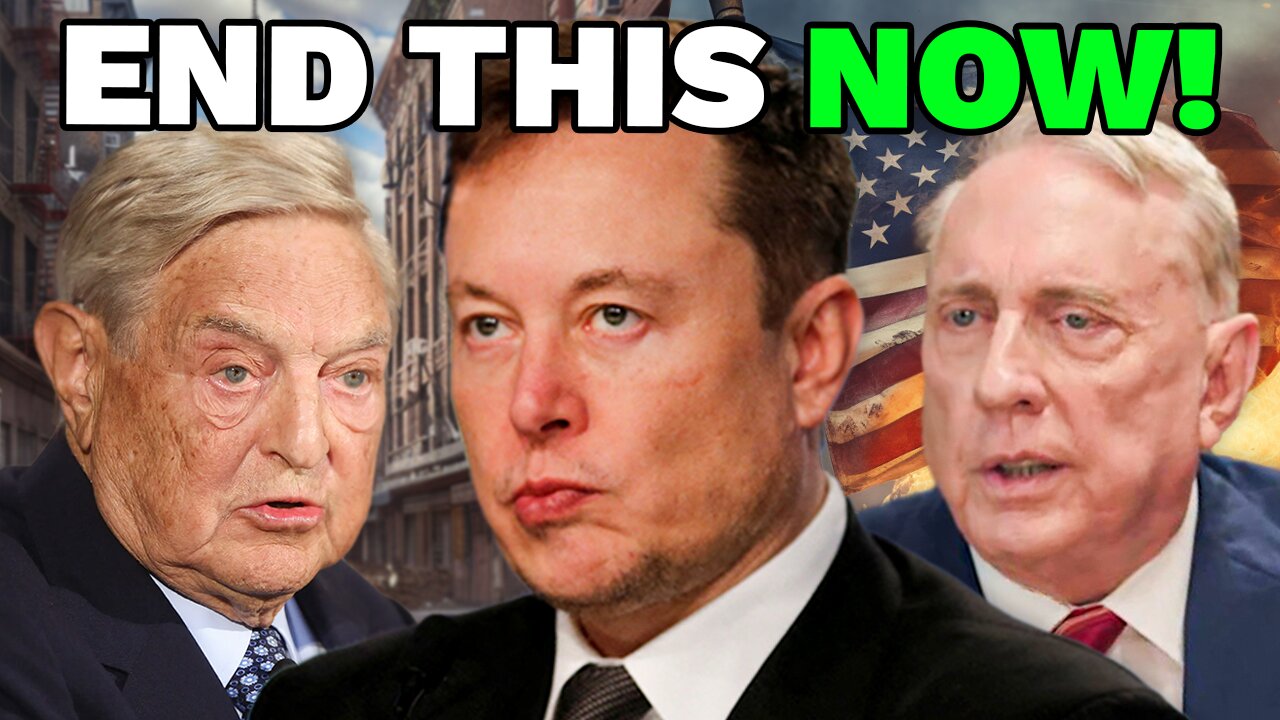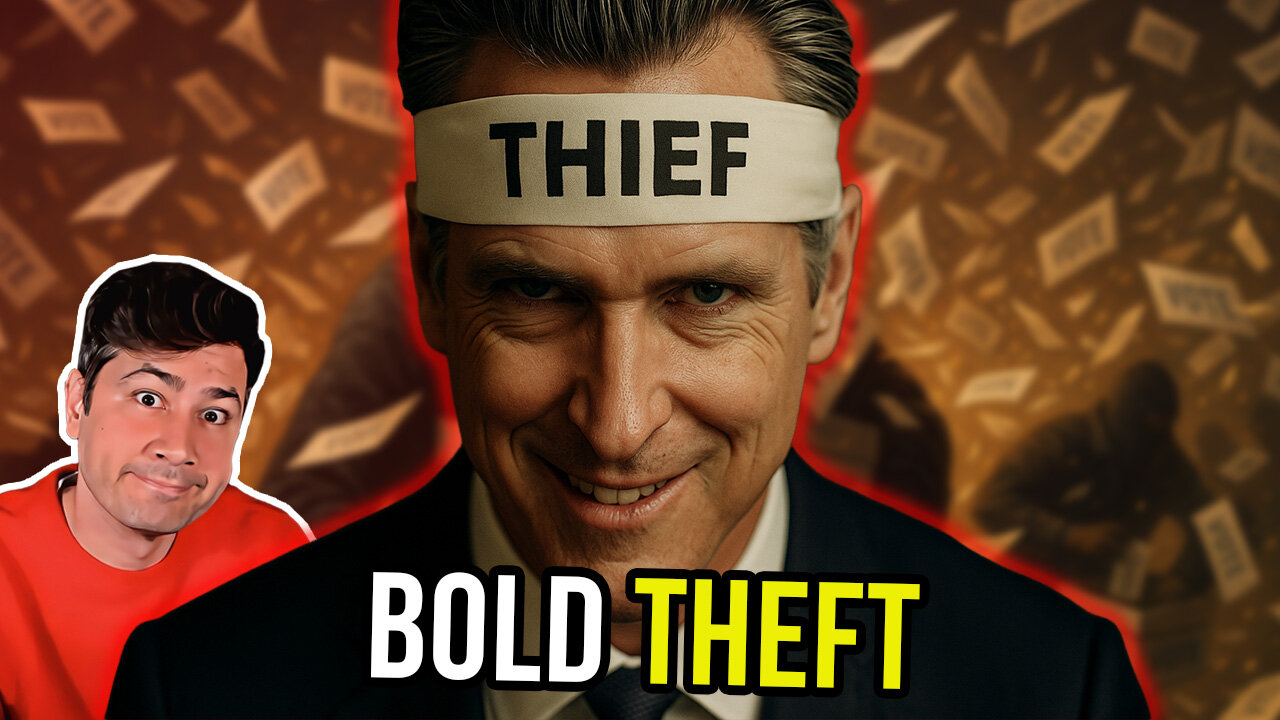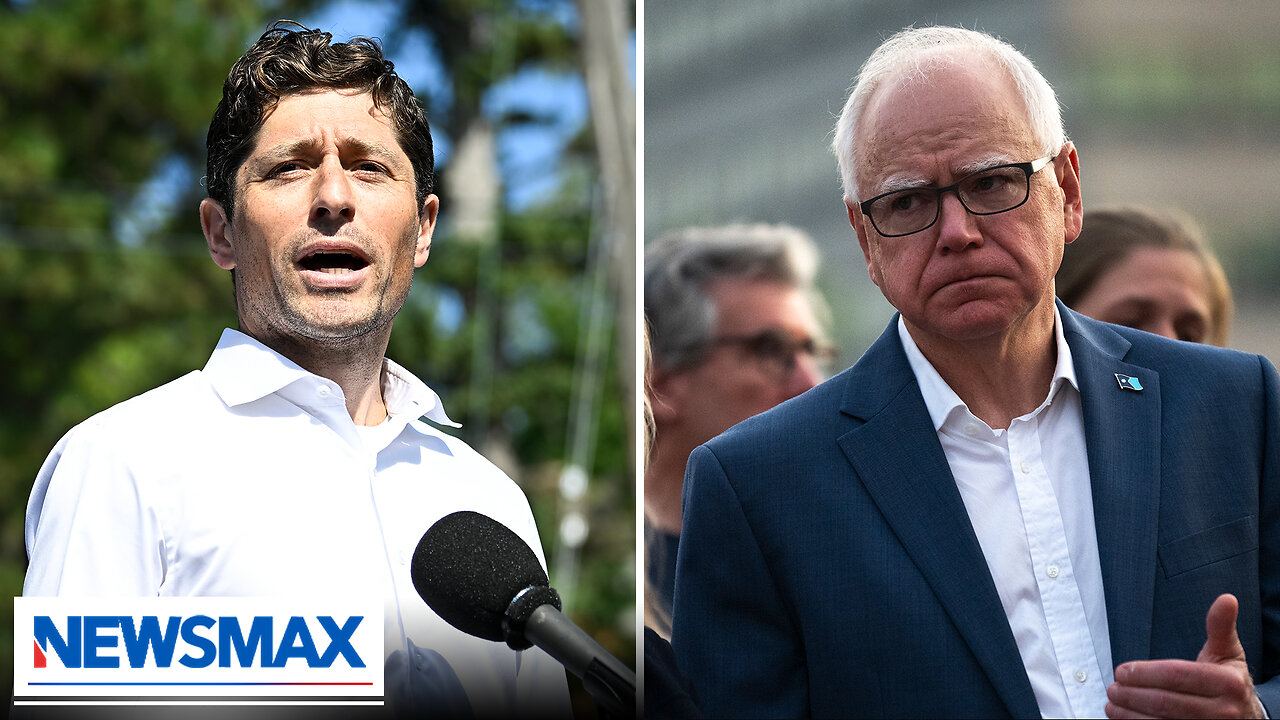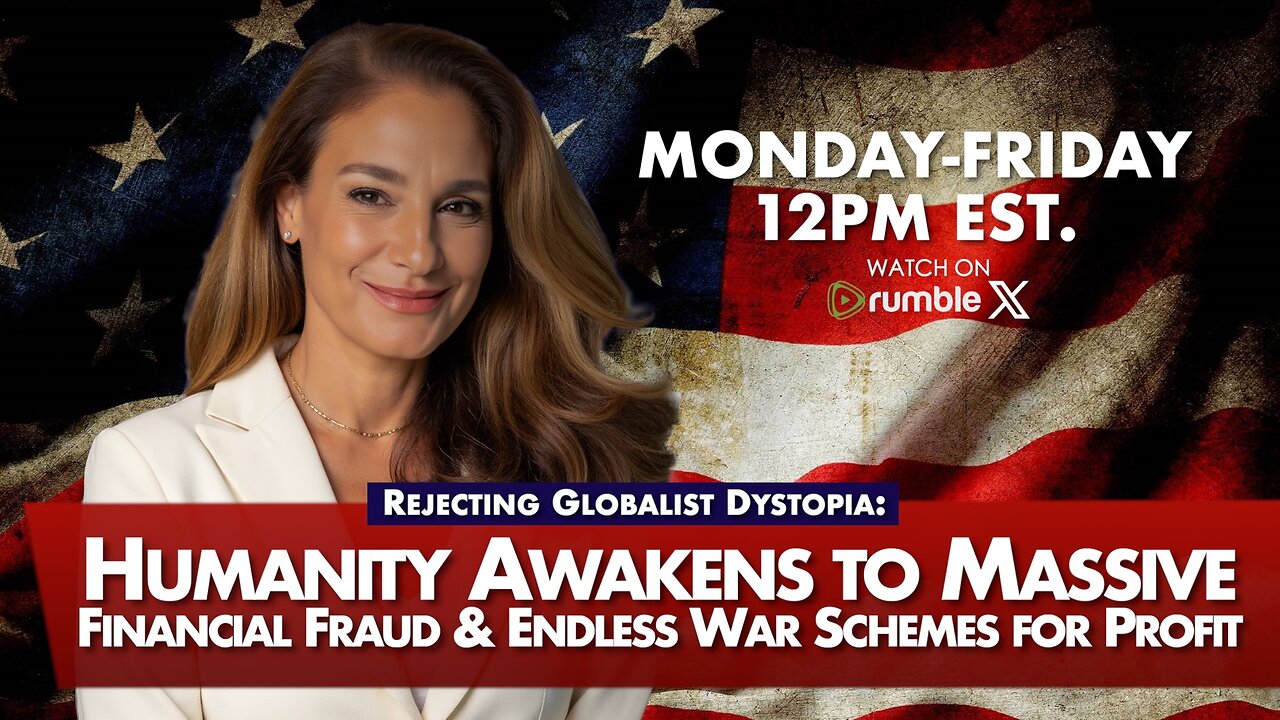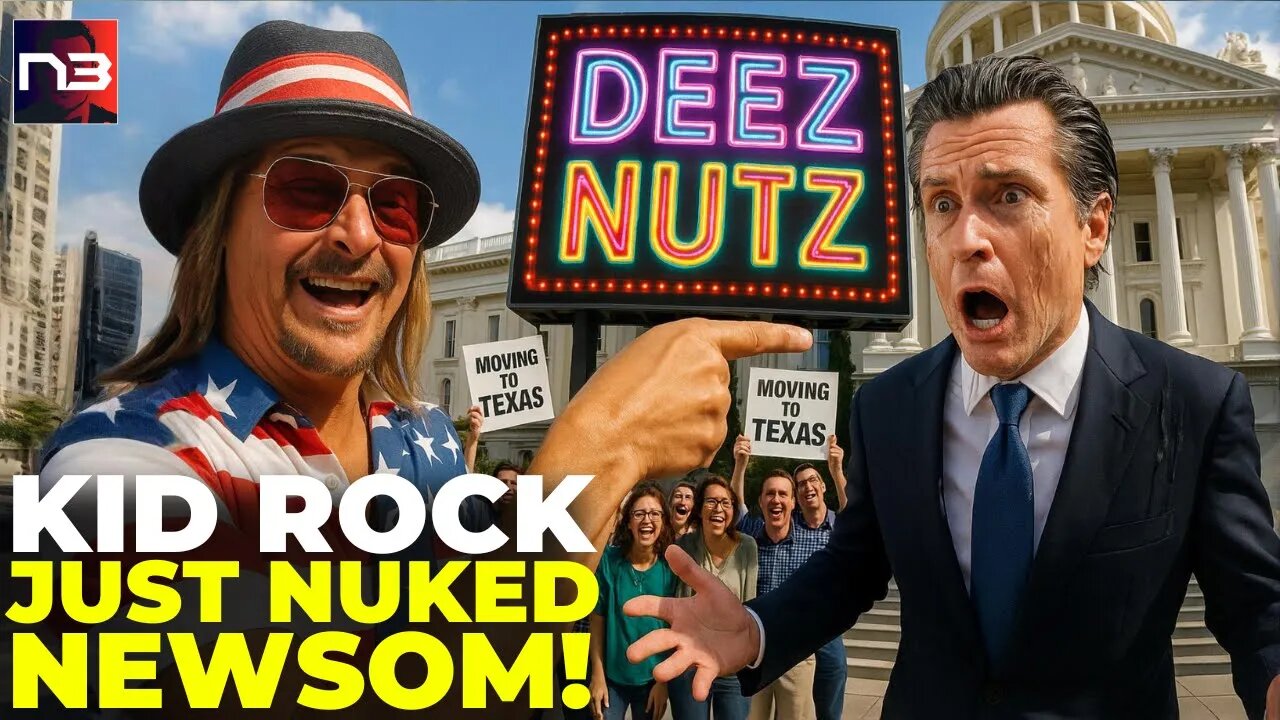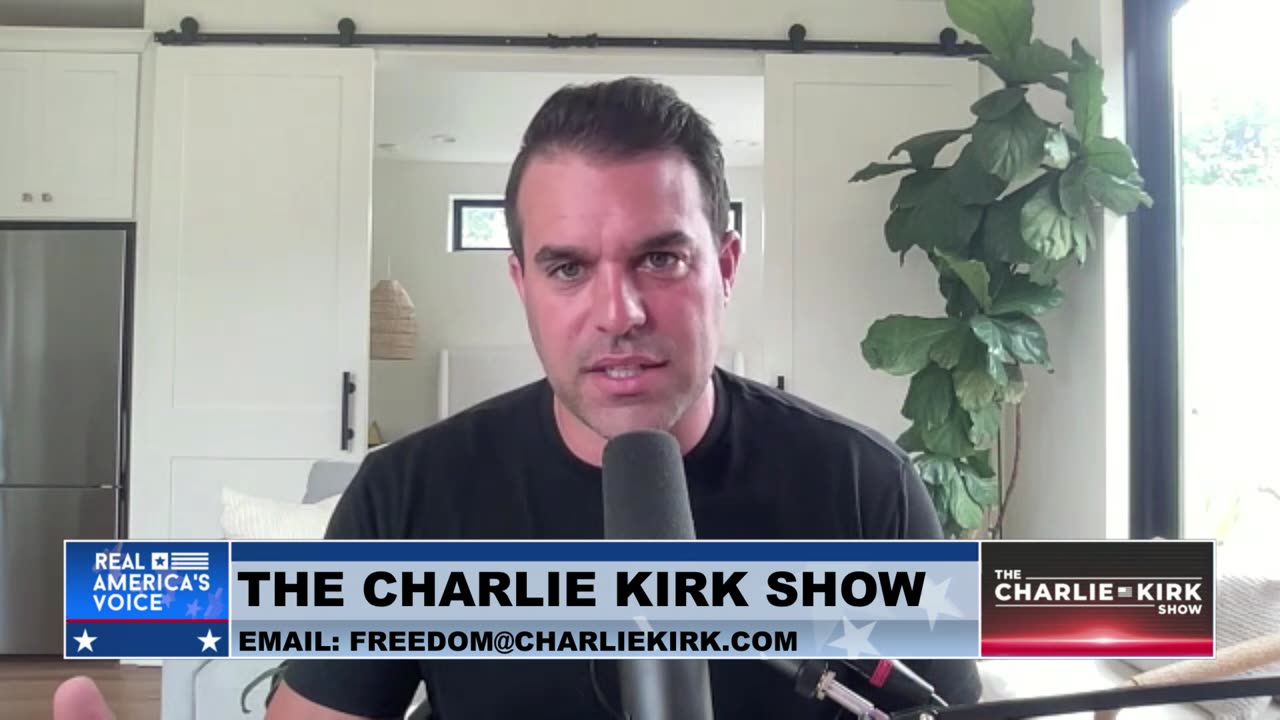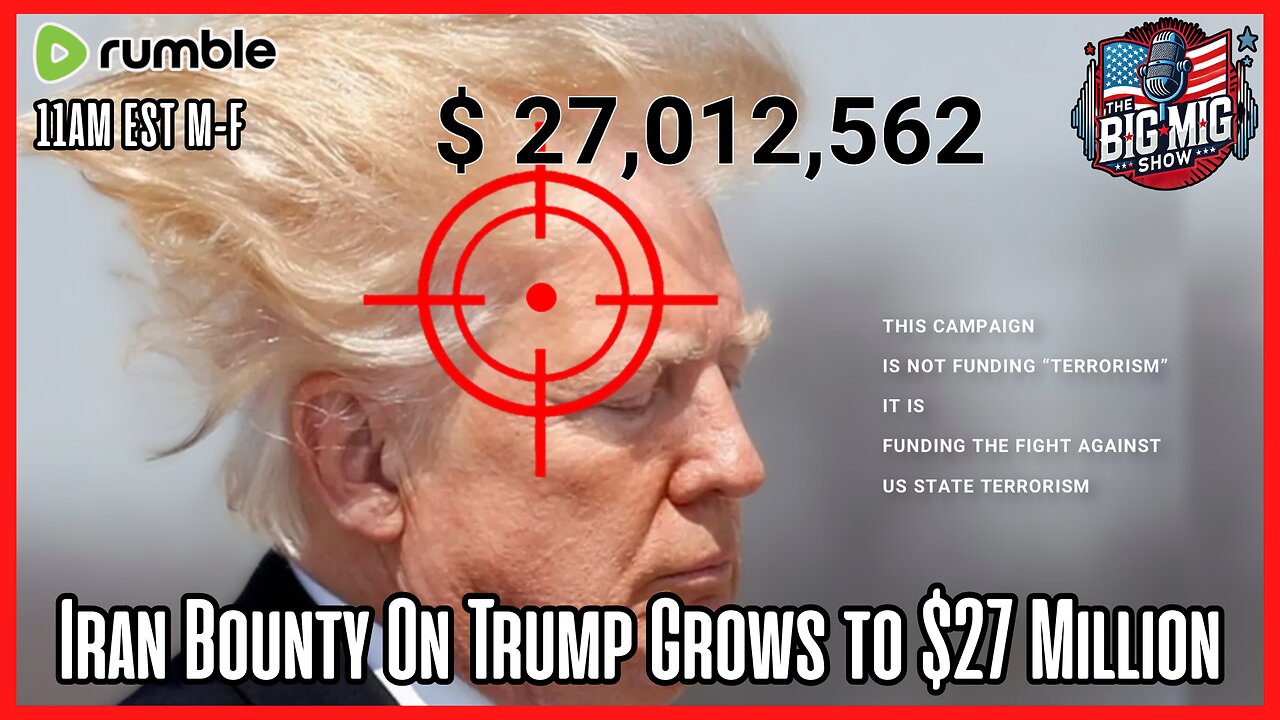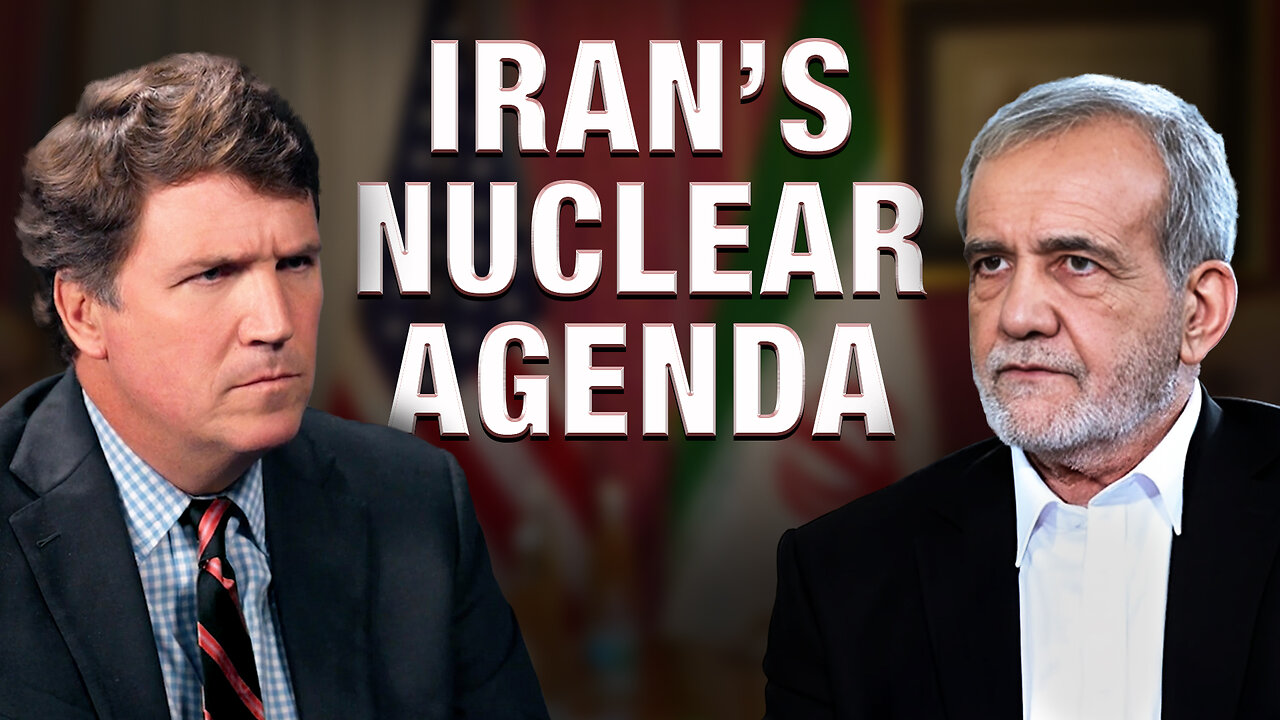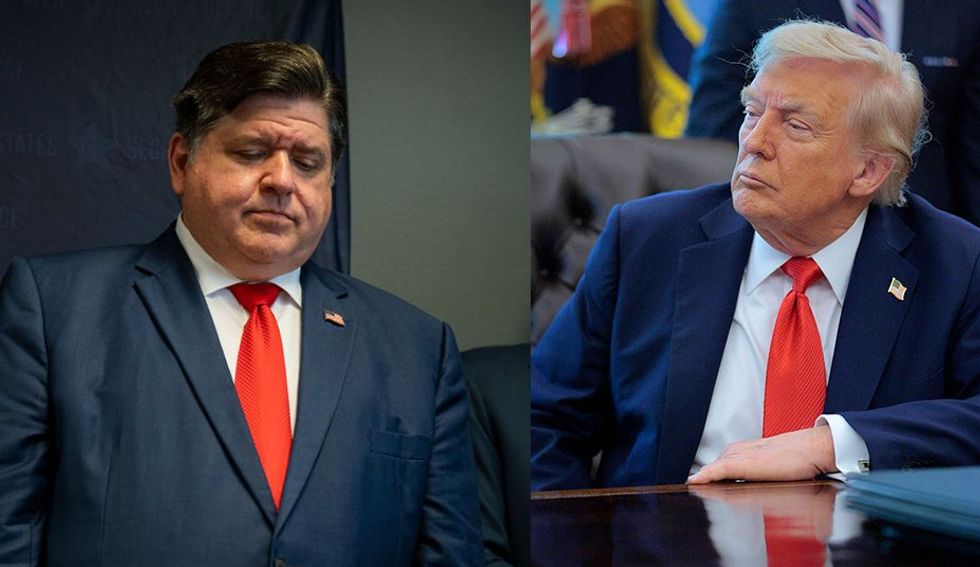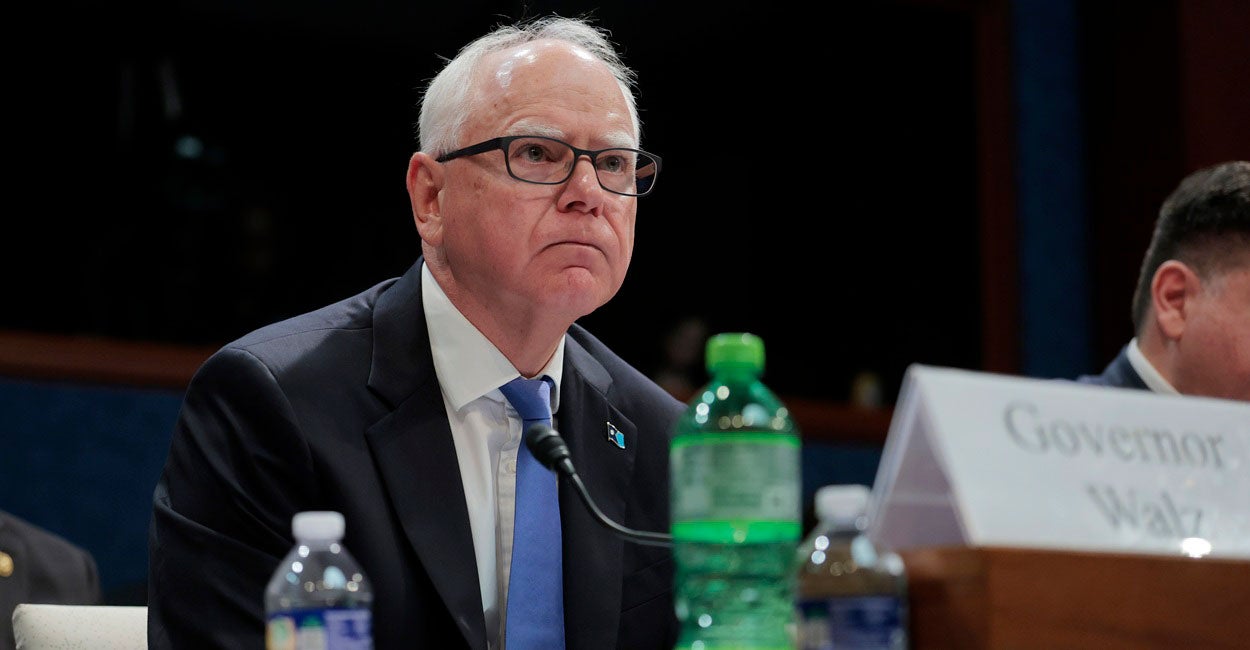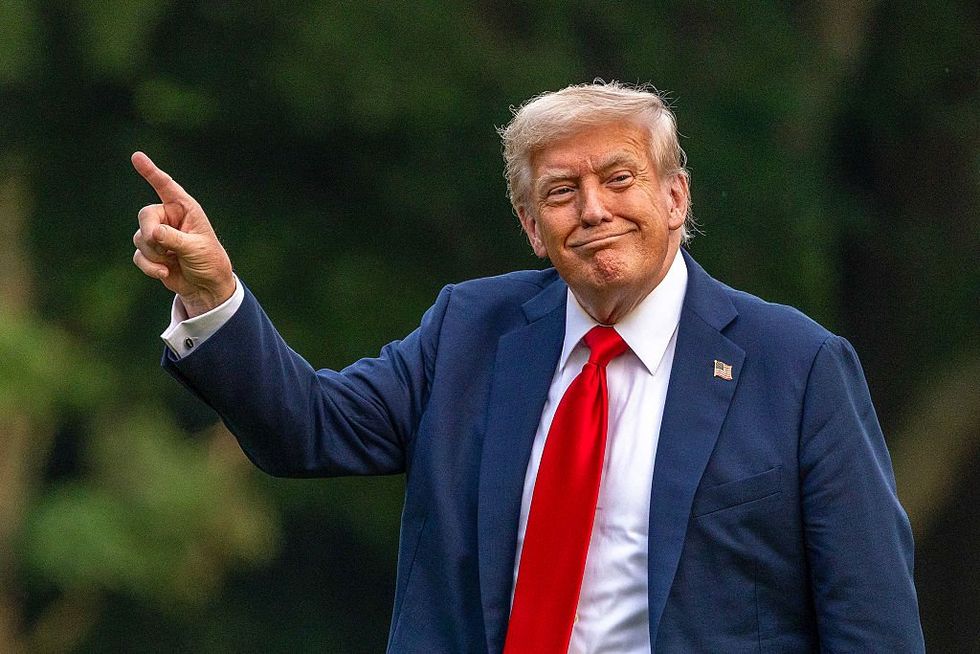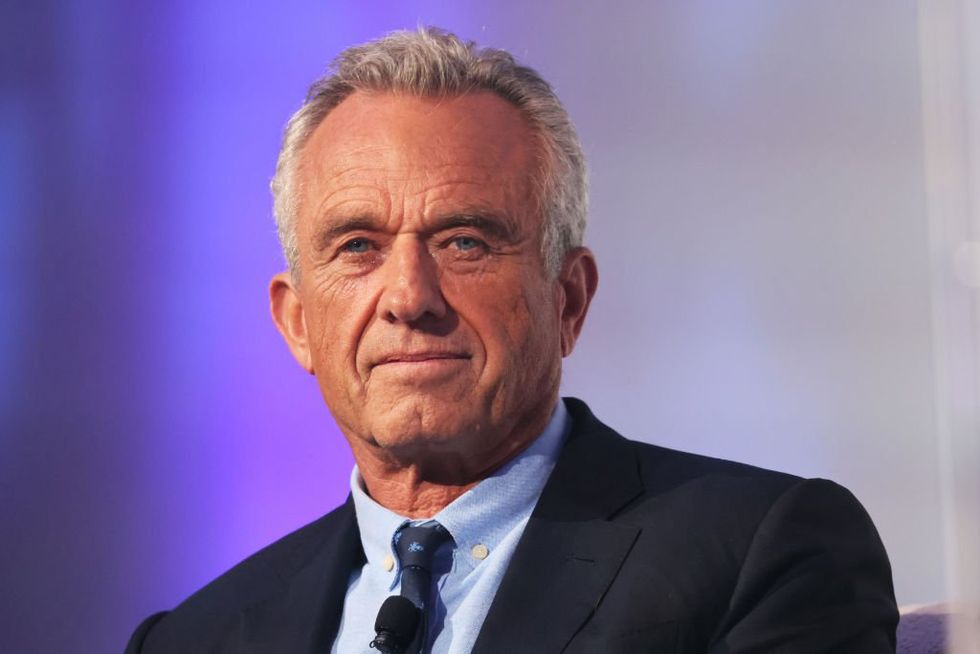Out of Touch or Highly Qualified? The Truth About Trump’s Wealthy Nominees
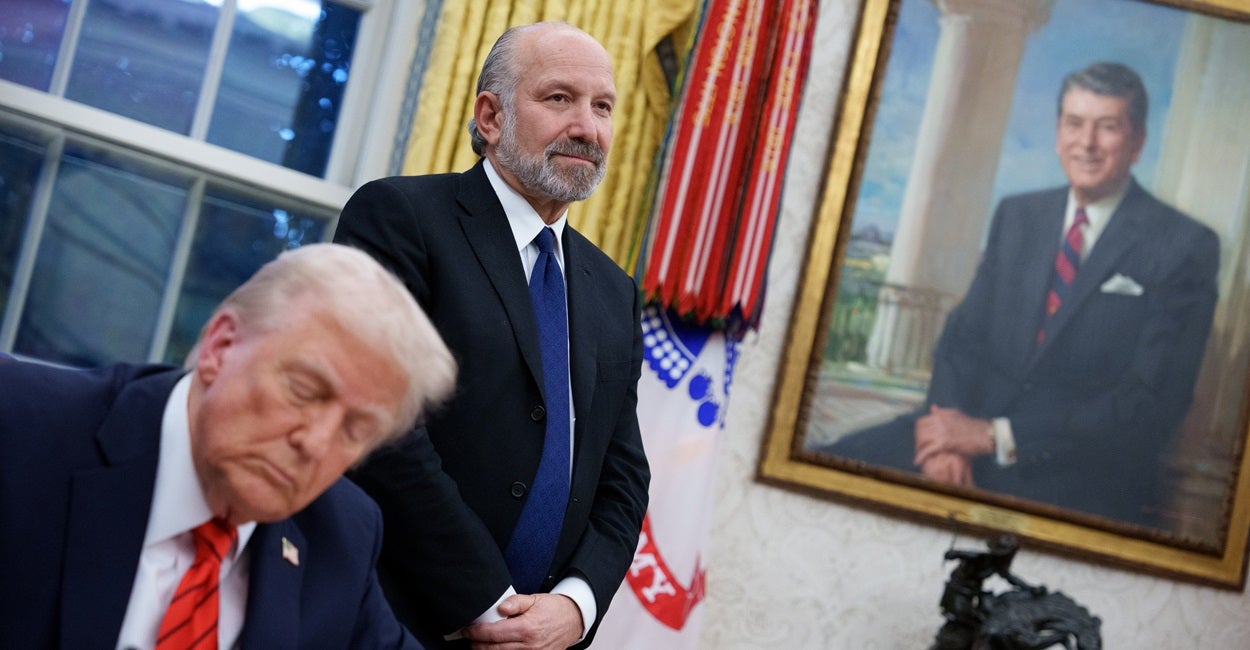
Scott Bessent, Howard Lutnick, Kelly Loeffler, and Linda McMahon all share two things in common. First, they were nominated by Donald Trump to serve in his new administration. Second, they are all exceptionally wealthy entrepreneurs—having made their fortunes by generating broad-based prosperity and contributing to creation or distribution of goods and services available to all Americans.
Instead of acknowledging that the vision and real-world skills required to achieve such financial success are assets that they bring to the job for the American people, Democrats were quick to criticize these picks. For example, the Democratic National Committee posted on its website, “Donald Trump Is Stacking His Cabinet With Out-of-Touch Billionaires.”
These picks, along with Trump’s newly formed alliance with Elon Musk, prompt the question: Should Americans be worried about the ultra-rich running our government?
The short answer is “no.” Consider Lutnick—nominated for secretary of commerce—as an example. His father was a history professor and his mother was a painter. By the time he was 18, both his parents had tragically passed away, and only a scholarship allowed him to attend college. He went on to become the CEO of Cantor Fitzgerald, an American financial services firm headquartered in the World Trade Center.
On 9/11, Cantor Fitzgerald lost 658 of its 960 New York employees—68.5% of its total workforce—including Lutnick’s own brother. Despite this devastation, Lutnick rebuilt Cantor Fitzgerald into a global powerhouse with more than 12,000 employees worldwide, all while continuing to support the families affected by 9/11, which he continues to do to this day.
Lutnick’s journey is extraordinary, and calling him—and others like him—“out of touch billionaires” is simply not true. In fact, many of Trump’s wealthiest nominees started from modest beginnings and thrived through hard work and entrepreneurial drive. This same spirit led many of them to launch their own firms, creating jobs, innovation, and opportunities for working-class Americans.
Treasury Secretary Bessent is another prime example: his father was a real estate agent in Conway, South Carolina. Bessent excelled at school, attended Yale, built a successful career on Wall Street, and ultimately founded his own hedge fund, the Key Square Group.
Bessent’s successful track record on Wall Street shows he knows how to navigate complex markets and manage large sums of capital—qualities that arguably make him far more qualified for Treasury secretary than an academic with minimal real-world experience. He has stated his top priority is to expand provisions of the Tax Cuts and Jobs Act from Trump’s first term. That act saved American taxpayers an average of $1,400 a year.
By lowering tax rates across all income brackets, doubling the standard deduction people could take off their taxes, and increasing the child tax credit, the act provided tangible relief to millions of middle-class Americans.
“If we do not renew and extend [the act], then we will be facing an economic calamity,” Bessent told the Senate Finance Committee. “We will see a gigantic middle-class tax increase.”
Despite the facts, Democrat Sen. Elizabeth Warren of Massachusetts said, “Mr. Bessent is another billionaire ready to do the hard work of cutting taxes for every billionaire in America, himself included.”
The left’s continual vilification of the wealthy is as old as left-wing politics itself. In his book, “It’s OK to Be Angry About Capitalism,” Sen. Bernie Sanders, I–Vt., argues billionaires should not exist. Yet such rhetoric often ignores a basic economic reality: The market depends on capital from those with surplus funds.
Without investment from wealth creators—often called “billionaires” by critics—many activities that drive our economy forward and benefit us all would stall. Innovation would decrease; there would be fewer factories and businesses and, therefore, less capacity to create goods and services; supply would be diminished, causing prices to go up; and we would have a lot fewer jobs for the working and middle class, causing poverty to grow.
Moreover, several of Trump’s wealthy nominees pledged to forgo large personal earnings if confirmed to serve in his administration—an honorable commitment similar to Trump’s own sacrifice upon entering politics.
Bessent, for example, agreed to step away from his firm if confirmed, and Lutnick did the same at Cantor Fitzgerald.
When their confirmations came before the Senate, many lawmakers sensibly focused on the nominees’ qualifications and views instead of harping on net worth. Ultimately, Bessent won confirmation to become the nation’s 79th Treasury secretary by a 68-29 vote—including 16 Democrats who crossed the aisle to support him.
For conservatives—and anyone who values free enterprise—these facts underscore why private sector success can be an asset in public service. No economic system is perfect, but attacking wealth creators misses the point: A vibrant economy needs both robust investment and people with real-world experience who are willing to apply it for the country’s benefit.
This piece is a part of The Heritage Foundation’s Wealth and Innovation Project, which stands to defend and promote the freedom to innovate, create, and use wealth. These are essential to the delicate process by which innovators and entrepreneurs work to build a prosperous and purposeful society.
The post Out of Touch or Highly Qualified? The Truth About Trump’s Wealthy Nominees appeared first on The Daily Signal.
Originally Published at Daily Wire, Daily Signal, or The Blaze
What's Your Reaction?
 Like
0
Like
0
 Dislike
0
Dislike
0
 Love
0
Love
0
 Funny
0
Funny
0
 Angry
0
Angry
0
 Sad
0
Sad
0
 Wow
0
Wow
0
